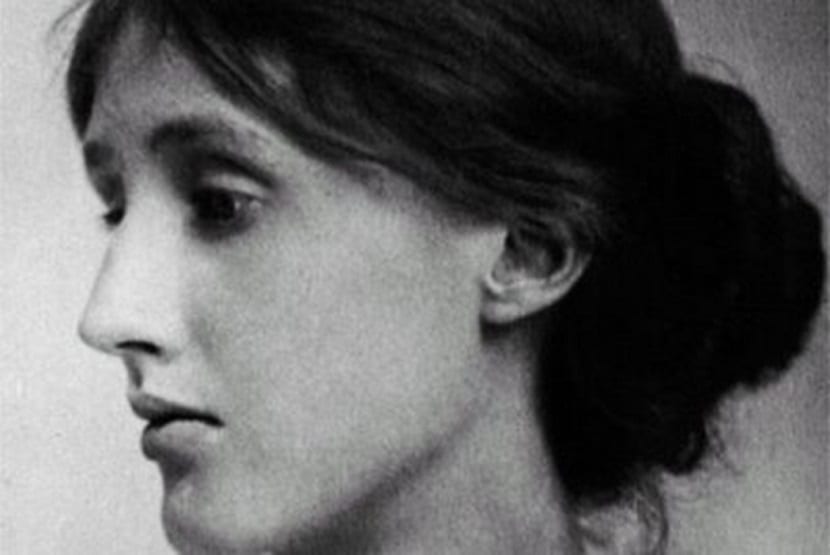
We love fantasy, but reality always comes to bring us back to the ground, at a certain time. In a world of letters where fiction seems to lead the cat into the water, we remember these best non-fiction books to better understand the gears of the soul and the history of all those small microuniverses.
The best non-fiction books
A Room of Your Own, by Virginia Woolf
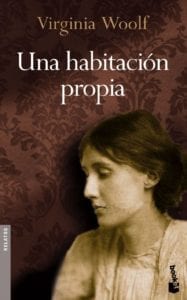
Eight years after women were granted the right to vote, Woolf was offered in 1929 the opportunity to give different talks on female independence. The best way to do it that the English author found was through A room of my own, an essay in which she advocates women's economic freedom when it comes to being able to develop as an artist. From a voracious literary perspective and not without irony, the author of Al Faro constructed a vision of courageous feminism for a time when the pink revolution was timid but determined.
Story of a castaway, by Gabriel García Márquez
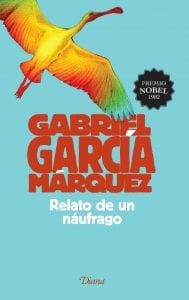
Gabo will be remembered for his role as a fiction writer, although that does not detract from his journalistic ability when it comes to dealing with stories like the one we are dealing with here. Published in 1959 from different parts of the story published in the newspaper El Espectador, Story of a castaway collects the testimony of Alejandro Velasco Sánchez, the sole survivor of the shipwreck of the ship ARC Caldas, which underwent various repairs for eight months in Alabama and, according to rumors, was transporting contraband merchandise bound for Colombia. Gabriel García Márquez's own favorite book It was considered "his most perfect narrative" by the newspaper El País.
Ana Frank's diary
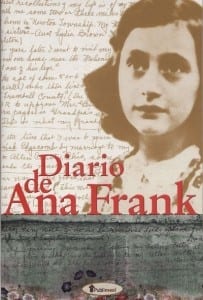
Written between June 12, 1942 and August 1, 1944, the date on which she would be discovered along with the rest of her family by Nazi troops, Anne Frank's diary is the most devastating testimony of what was the bloodiest episode of the history of the XNUMXth century. Written in the attic of the shelter where he lived with his family, Anne Frank, a 13-year-old Jewish girl, He recorded his way of seeing the world and the truncated illusions in which he is still one of the best non-fiction books ever.
Meditations, by Marco Aurelio
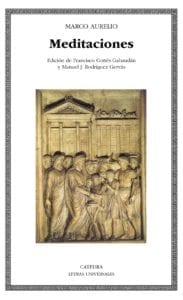
Written in Greek between AD 170 and 180, shortly after the emperor's death, Marcus Aurelius's Meditations evoke the inner monologue of a patriarch whose powerful message has allowed these lessons to transcend through time. Through twelve volumes, the Meditations analyze Marco Aurelio's frustration and his vision of the world, one where neither his stoic mission to rule the people can reach God or stop human stupidity. One of the most revealing books in history.
An Image of Africa, by Chinua Achebe
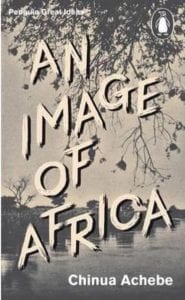
An Image of Africa: Racism in Conrad's Heart of Darkness encompasses one of the lectures given by the Nigerian writer Chinua Achebe at the University of Massachusetts in 1975. Throughout it, the author of Everything falls apart attacks the vision of Africa through the novel In the heart of darkness by Joseph Conrad, which, according to Achebe, represents an erroneous stereotype of a continent considered as a complement to Europe. Consecrated as one of the most lucid postcolianism analysis, An image of Africa acquires greater notoriety at a time when the black continent raises, more than ever, its voice through the letters.
Thus Spoke Zarathustra, by Friedrich Nietzsche
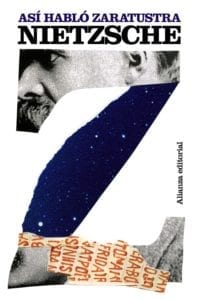
Subtitled as "A book for all and for no one," Thus Spoke Zarathustra is the great work of the philosopher Nietzsche and was published in 1885. Throughout the four parts into which the work is divided, the author uses a character named Zarathustra as a way to present their ideas, with special emphasis on the acceptance of life as we know it and the denial of the afterlife and religious doctrines that weaken the human being. The work was considered by the own Nietzsche like “the greater greater gift than the humanity had received”.
The art of war, by Sun Tzu
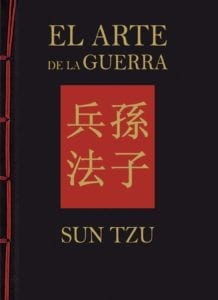
Written sometime in the late 2.400th century BC on a bamboo strip holder, The Art of War has become a timeless book thanks to the many strategies pioneered by Chinese military strategist Sun Tzu more than XNUMX years ago. Divided in 13 chapters as "lessons", the strategic nature of the book, which includes the arts to defeat your enemy, prepare for war and achieve certain objectives, has transcended in such a way that in the XXI century it has become one of the great allies for the programs of leadership and business administration.
Letters to a young novelist, by Mario Vargas Llosa
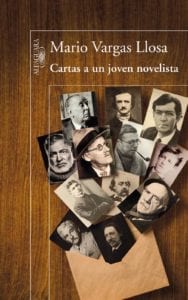
Published in 2011, the best essay of Mario Vargas Llosa narrates, in epistolary mode, the global idea of the Peruvian-Spanish author about creating novels. Through its pages, the creation of the writer as such is omitted, a figure that develops by itself according to the author's own thought, to accommodate the origin of all those stories born of a feeling, an image or a nuance that allows transform inspiration into a novel capable of seducing everyone. We are sure that many young (or not so) writers continue to thank the author of Pantaleón and the visitors for the creation of this book.
De Profundis, by Oscar Wilde
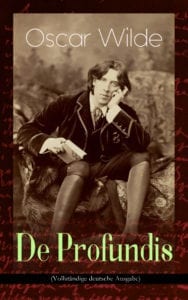
Born of Pain, De Profundis is an epistle written by Wilde during his two years of forced labor after being convicted of sodomy by maintaining a relationship with Lord Alfred Douglas, son of the Marquis of Queensberry. Reading was the third prison in which one of the most extravagant and advanced authors of his time was marginalized, more specifically at the twilight of a nineteenth century where the Victorian era still did not tolerate certain "abominable" behaviors.
What are the best non-fiction books you've ever read for you?
You have forgotten "In Cold Blood" by Truman Capote and "Operation Massacre" Rodolfo Walsh.